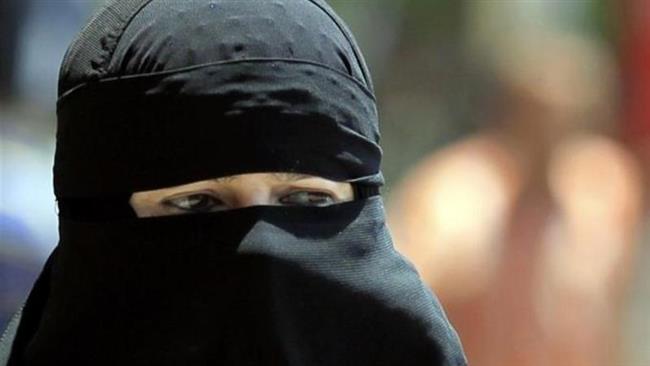
RNA - Minister of Education and Research Torbjorn Roe Isaksen said in a statement on Monday that the new measure would ban wearing niqabs as well as burqas, balaclavas and masks in nurseries, schools and universities.
The official said that the ban was necessary, arguing that wearing a full-face veil would hinder communication between students and teachers in schools and would affect the quality of education.
However, the enforcement of the ban, which would come after parliament’s approval in the spring of 2018, seems to be in line with last year’s promise by the ruling coalition of conservative and anti-immigration parties. The rightwing parties had vowed to stop Muslims from wearing veils and burqas in a bid to gain public support.
Local media said the government would negotiate with other parties before Norway holds parliamentary elections on September 11. Authorities would also consult with those that could be affected by the draft law. The law does not yet lay out what consequences could await those defying the ban.
Norway has no uniform national policy on wearing veil although local officials have the power to ban it in public places like schools.
Muslims in the country rarely use full-face veils in public but political parties intermittently use the issue to appease voters. That comes after a heated discussion earlier this year over the appointment of a communication manager wearing niqab by Norway’s Islamic Council, an umbrella organization representing Muslims in the country.
847/940